Foster a Pet
Foster a Pet
“I can not speak highly enough about the support the PEI Humane Society gives to foster families. They are there for you every step of the way.”
– Foster volunteers Janet and John
– Foster volunteers Janet and John
We LOVE our Fosters!
Are you thinking about opening up your home to a foster animal? Thank you!
Before applying to be a foster volunteer, take a moment to read about each kind of fostering. Ensure you’re ready for the commitment before you apply.
Though fostering is an emotionally fulfilling experience, it can also be challenging if you’re not prepared. Learn more below.
PLEASE NOTE:
Fostering an animal does not allow you to “adopt early” or to
“skip the line” to adoption.
Those interested in adopting animals, even our foster volunteers, need to apply to adopt an animal through our normal adoption procedures.
Things to consider before applying:
- There are MANY different kinds of foster volunteers needed. Each of these have differing needs. For more information on the different kinds of fosters, please see below.
- Animals can spend anywhere from 2-12 weeks in foster care. This timeline can vary greatly depending on the animal’s needs.
- Foster volunteers are asked to provide the Foster Coordinator with regular updates via email, including photos and assisting with writing adoption biographies.
- Any primary animal caregiver must be 18 years of age or older.
- By virtue of the program itself, saying goodbye is something all fosters must deal with. Animals in foster care belong to the PEI Humane Society and will eventually be adopted. The point of fostering is to ultimately say goodbye and open up your home anew to a new animal when the time comes.
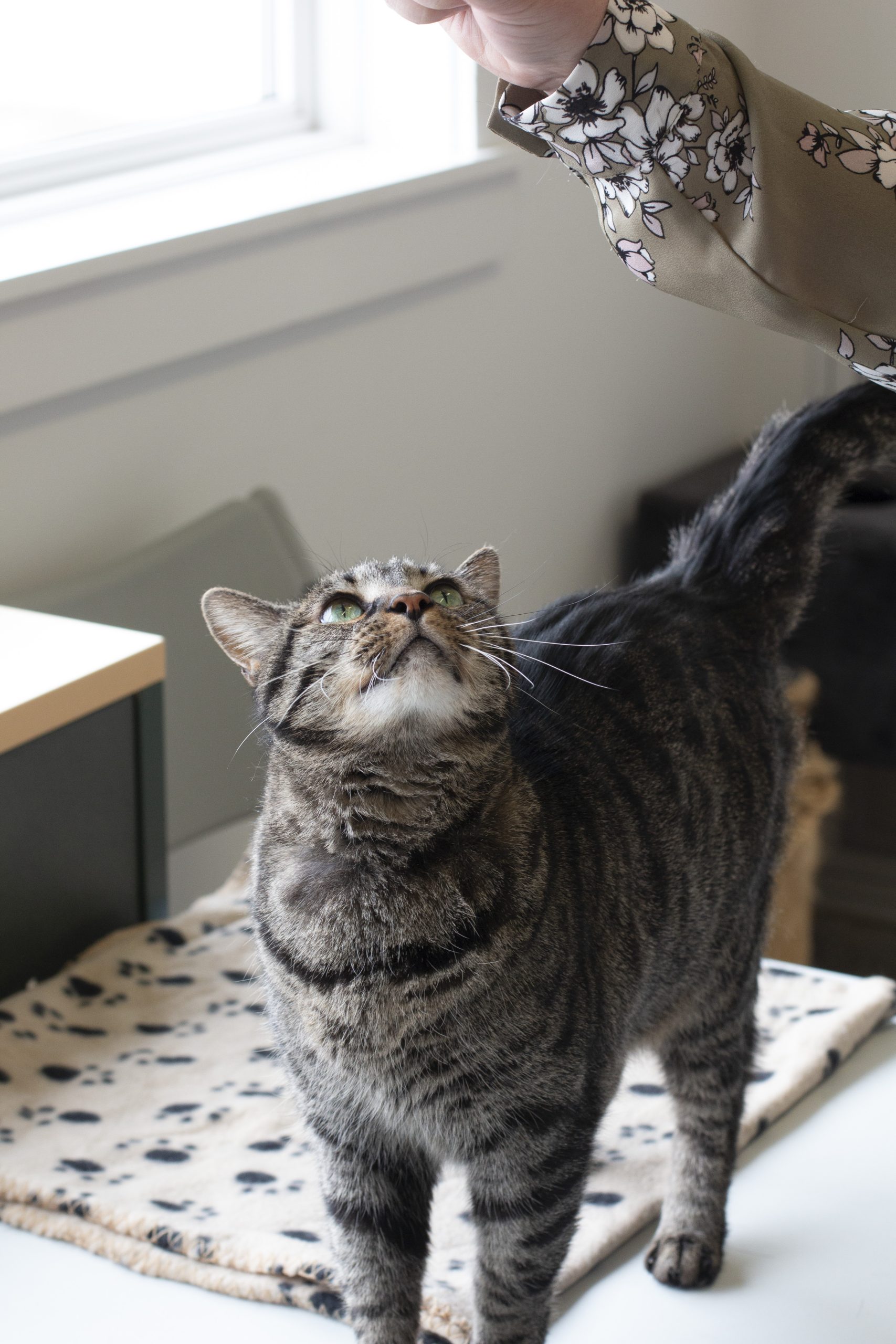
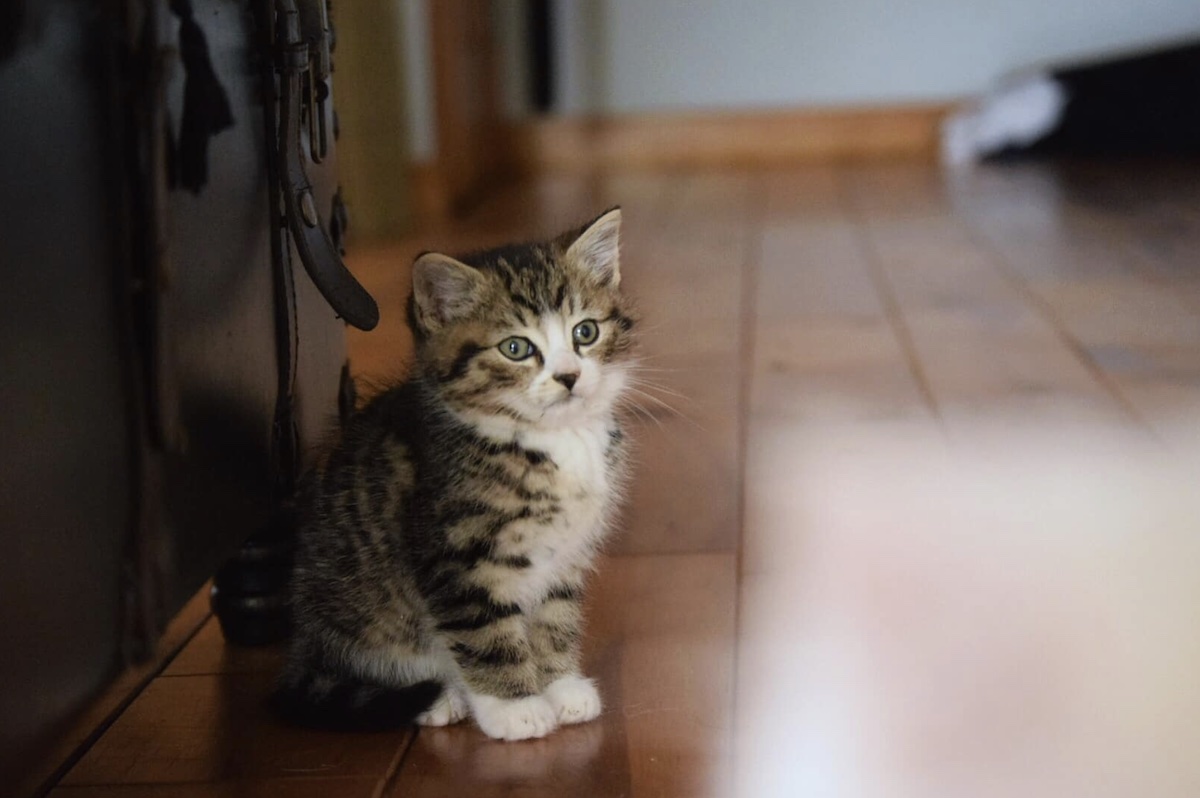
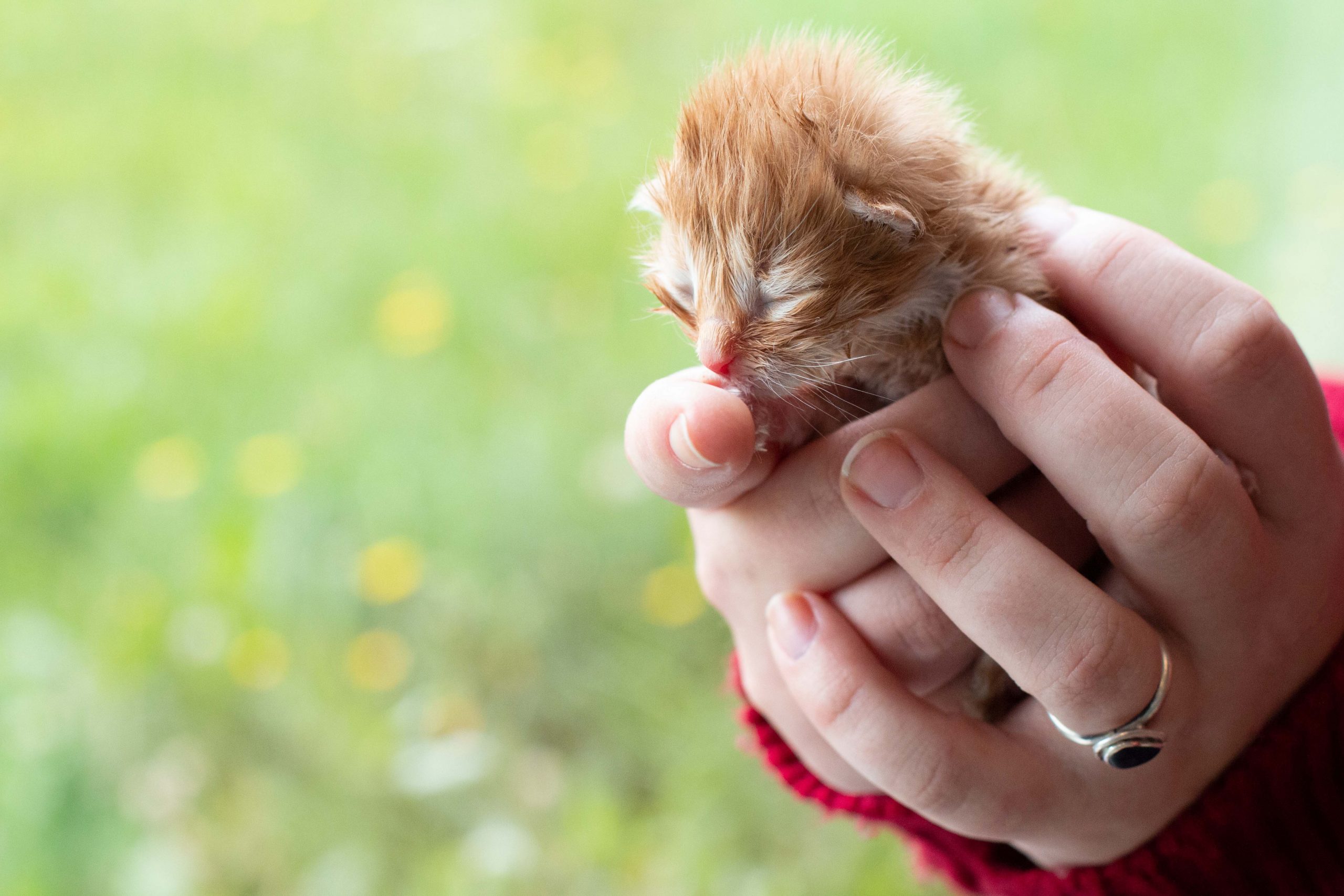
Types of Fostering: Neo-Natal
- Neo-natal fosters are volunteers who bring baby animals (usually kittens, and usually just a few days old) into their home without a mother animal to feed them.
- These volunteers feed the kittens in two-hour intervals, weighing them and ensuring proper growth is recorded throughout their care.
- These volunteers usually work from home, and/or are able to take their kittens to work with them as they require extra care and time on the volunteer’s behalf.
- Often, we hear that this is the most rewarding type of fostering as the foster’s journey with the animals is often quite lengthy (up to 12 weeks) from shortly after birth to adoption day.
Types of Fostering: Dogs
- Typically, dog fosters either have very friendly dogs at home or have no dogs of their own.
- These foster volunteers are typically active individuals who are interested in having a dog but cannot commit to owning one full-time.
- Dogs arriving at the PEI Humane Society often require training and beahvioural evaluation as part of their stay in care and our foster volunteers help with reinforcing training and assessment.
- We provide ample support for dog fosters and aim to provide a thorough personality profile before you bring your foster home.
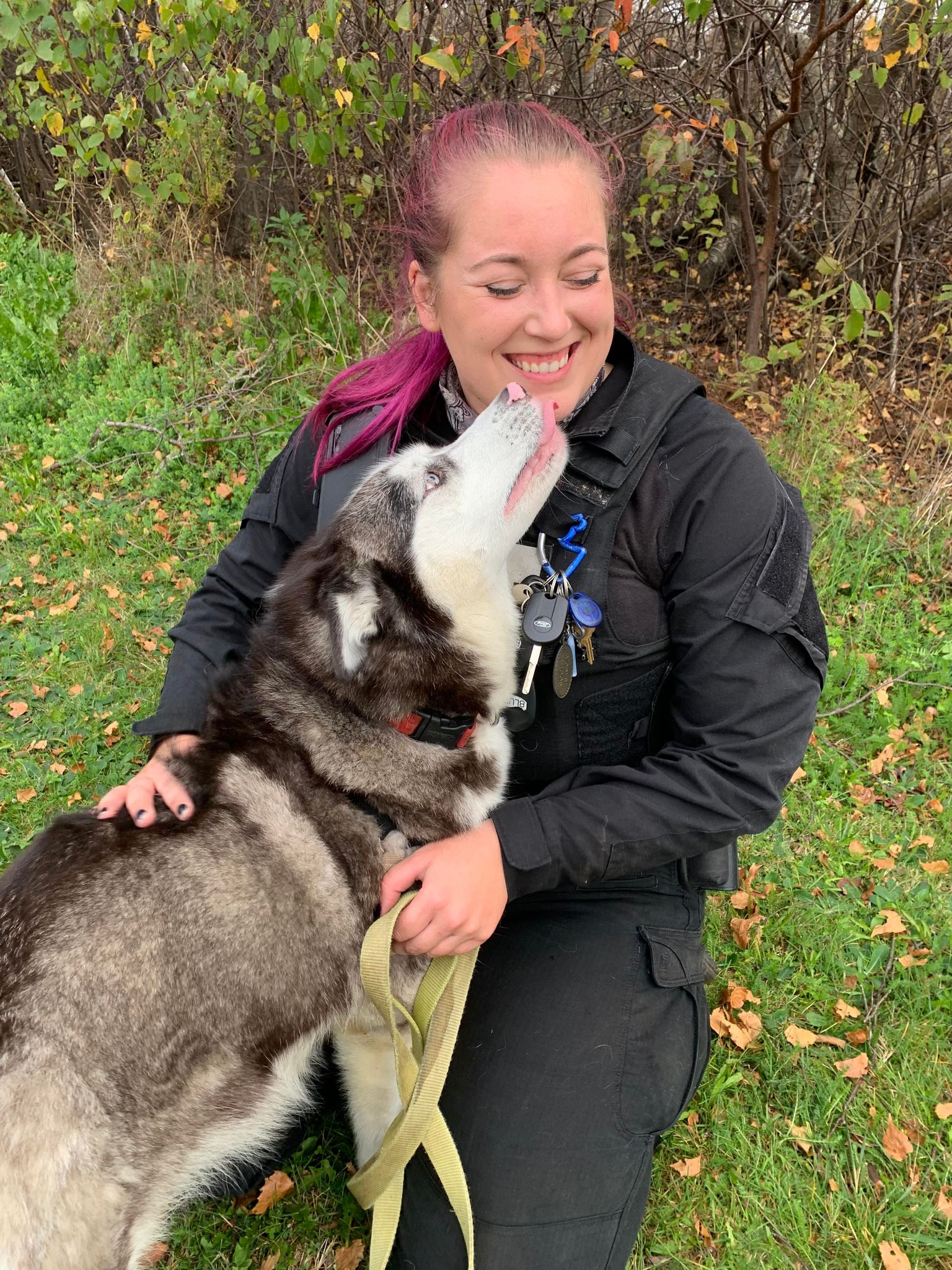
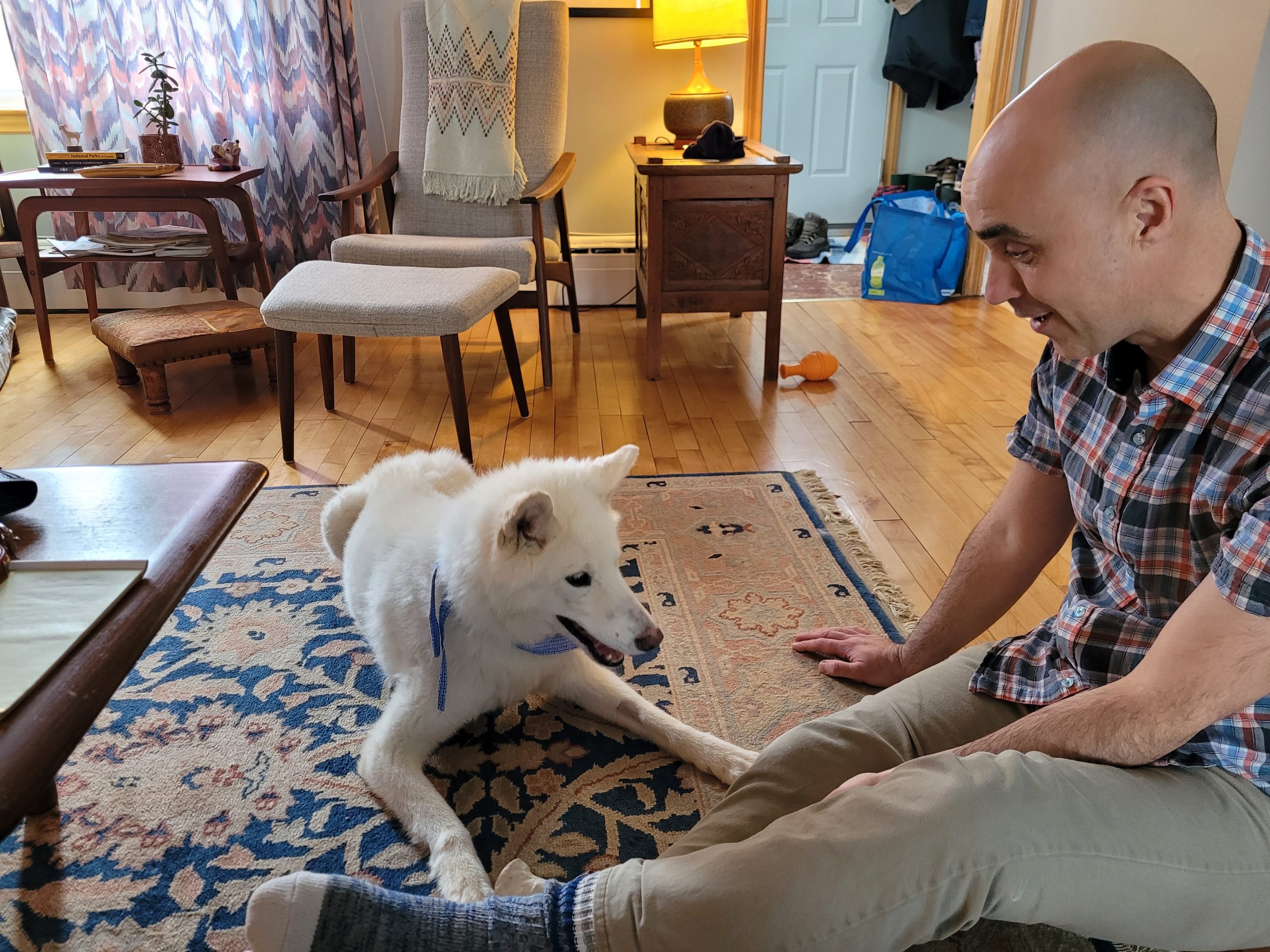

Types of Fostering: Palliative Care
- Palliative Care foster volunteers are those who take in an animal that is approaching the end of their life. These animals can be terminally ill, or can be approaching the end of their natural life.
- Palliative Care animals are healthy enough to live a good quality of life but may not be “adoptable” as their timeline is unknown or unstable.
- Palliative Care foster volunteers must be able to bring their animal in for regular check-ups with our shelter veterinarian.
- You must also be comfortable administering medications, and assessing behaviours.
- Though we never like saying goodbye, Palliative Care foster volunteers need to be prepared to say goodbye when the time comes. Decisions around end-of-life for these animals will be decided once their quality of life has declined to a point where it cannot be improved.
- For more information on our Palliative Care Foster Program, please check out this story: Introducing the NEW PEI Humane Society Palliative Care Foster Program – PEI Humane Society | Prince Edward Island
Types of Foster: Pregnant Mother
- When fostering a pregnant mother, we may not know exactly when she will give birth. This means that foster volunteers should be ready for babies’ arrival at any time and be prepared to stay with mom and report on the birthing process before, during, and after.
- Birth can be traumatic for some mothers and sometimes mother and babies don’t get along. Foster volunteers will need to monitor to ensure mom is attending to her babies and feeding them properly.
- Pregnant animal fosters must remain in contact with the shelter to update on the animals’ progress and any changes in behaviour.
- Babies born in care like this will need to be regularly brought into the shelter for vaccinations, assessment, and eventually adoption.
- Mother and babies will remain in care for 12 weeks or more depending on their health.
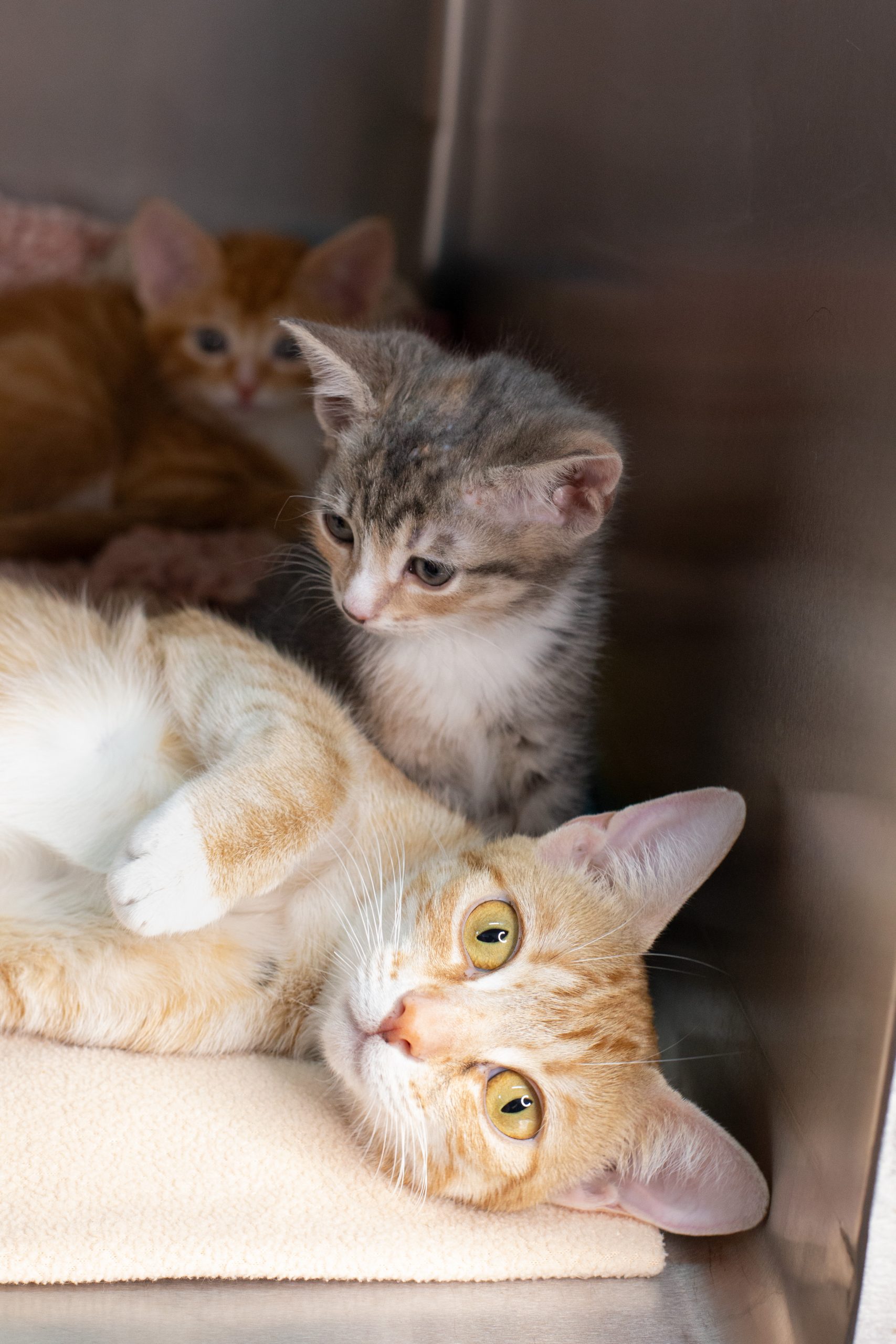


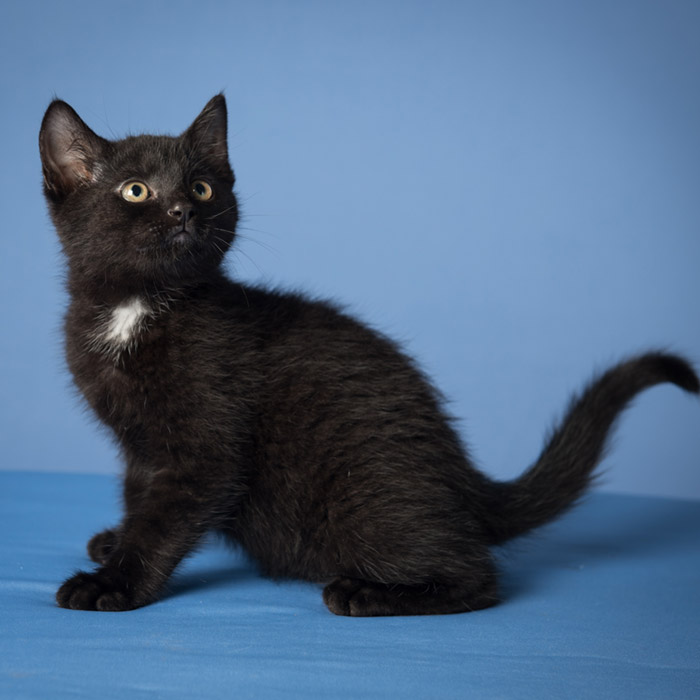
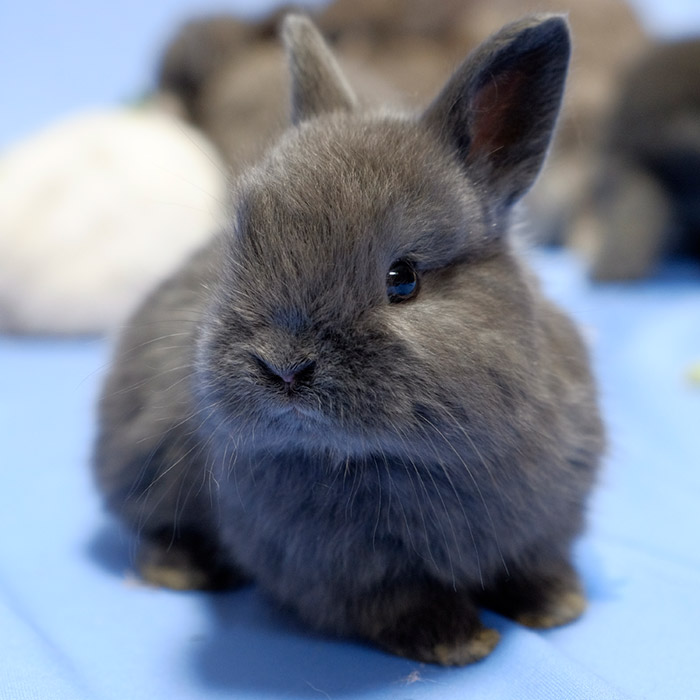
What do we provide?
The PEI Humane Society provides volunteer foster families with the necessary supplies to properly care for the animals that will be living in their home temporarily, such as:
- Food
- Dishes for food and water
- Toys
- Blankets and pet beds
- Litter and litter box
- Kennels
- Any necessary medication(s)
Foster Application
"*" indicates required fields

